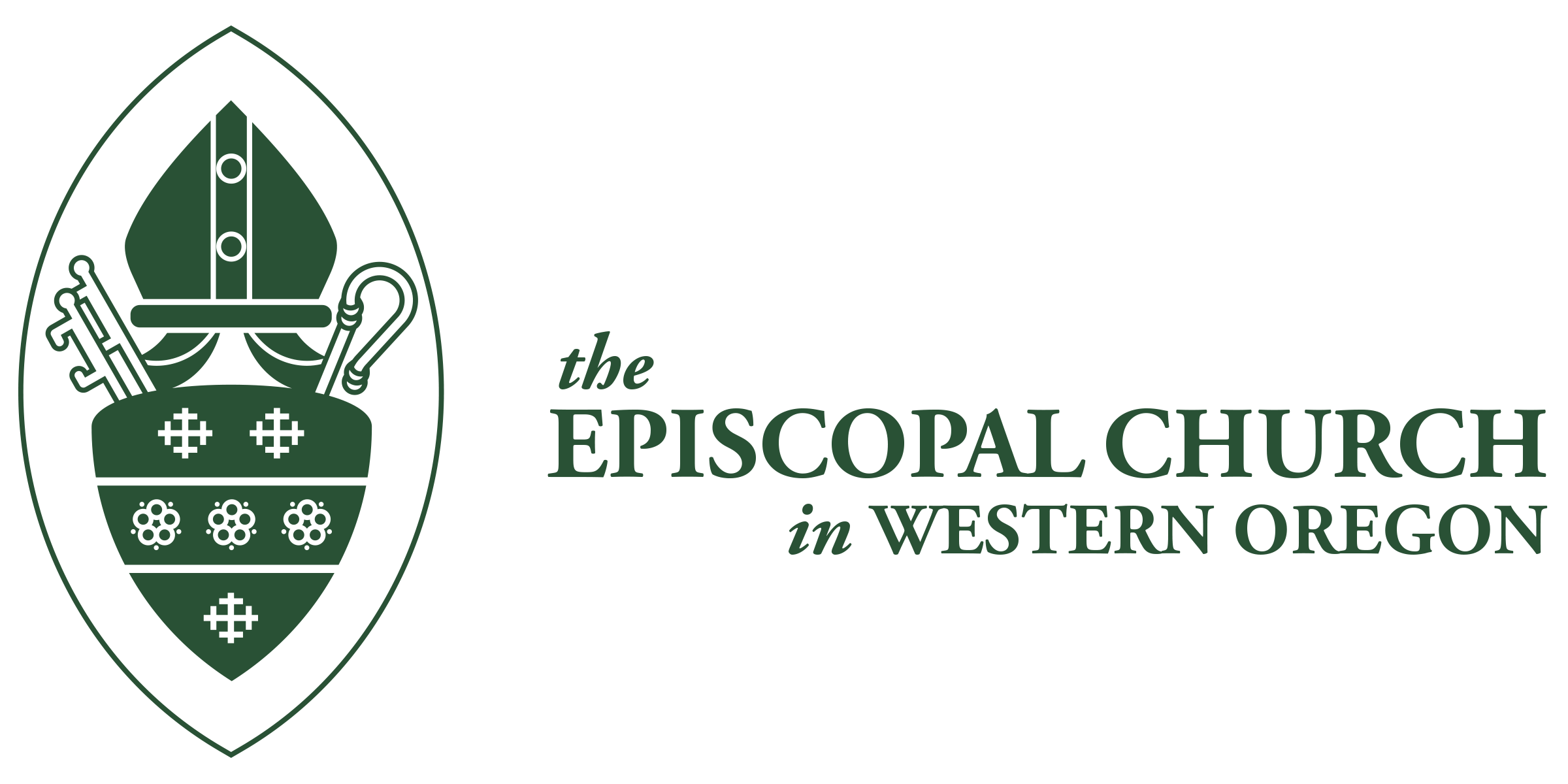Dear friends in Christ,
My father was a masterful gardener. Although he was not a “master” gardener by those official terms, he loved gardening and everything about it. Our family summer vacations had to be planned around his garden because we couldn’t be gone if something was fruiting or producing. Of course, in the earlier months, the garden needed watering. And weeding. And fertilizing … and tending.
I learned a great deal about gardening from my father. I also had bad allergies and hay fever, so gardening was never something I could fully embrace as a practice. It is, however, something I learned from watching and listening to him as he prepared starter plants with seeds and little pods of dirt placed carefully under grow lights in our basement.
Plants have seasons – even in tropical environs, plants have seasons. There are plants that need alkaline soil, and there are plants that need more acidic soil. There are plants that crawl, creep, or spread – they seem to defy containers or barriers, so exuberant are they to grow. Over time, plants need to be repotted or moved to better soil or into better sunlight. I even learned that some plants need their roots trimmed so that they will continue to be healthy and vibrant.
I am reminded of my father’s gardens and his methods as I look out over the landscape of our diocese and our diocesan office. Change is difficult – this we all know from the pandemic that we continue to endure. Some of the changes in our diocesan office might make us anxious; change does that to us. Today, we also know so much more about our capacity to adapt and walk together in changing times. The analogy of a garden gives a frame for the ways our diocese is growing and adapting. It reminds us that, as a diocese, we are growing where we are planted, and we are also invited to thrive in new soil, new locations, and new opportunities to live into the fullness of our gifts.
Last week, Deacon Maureen Hagen shared with her Facebook friends that her position as Dean of the Academy for Formation will be dissolved at the end of this year. This decision was not made lightly; Maureen has made the formation of deacons and priests in this diocese a process that will continue to grow and expand. She is a tireless connector of people and events, and she represents our diocese at the larger church (The Episcopal Church – TEC) level with faithfulness and enthusiasm. I am grateful to her for all her good work; and I look forward to discerning, with her, what is next for her gifts of ministry locally and beyond. Please join me in thanking her and celebrating her fine work for this diocese.
Another transition is that of the Chancellor. Mike Dotten, known to many of you as our loquacious and able chancellor, would like more time to travel with his family and has notified me of his resignation effective November 5, 2021. He has kindly timed this date with our Diocesan Convention/Annual Meeting in order that his successor will pick up the work beginning with convention.
Our new chancellor will be Emily Karr. Ms. Karr is a partner at Stoel Rives LLP and heads the firm’s Benefits, Tax, and Private Client group, and advises clients about estate planning and the administration of estates and trusts. In our conversations, she describes herself as an attorney “who prefers to solve problems” rather than rush to court. I am delighted that Emily is eager and willing to serve the diocese in this way and I look forward to introducing her in November.
This is a wonderful opportunity to give thanks to those who have given much for our great benefit and to celebrate the abundance that their gifts represent. The Holy Spirit has bestowed on us such wonderful riches: generosity, talent, faithfulness, and kindness. These are the fruits of the garden we call the Diocese of Oregon. I am humbled and grateful to serve alongside such dedicated souls.
Yours in Christ,
Bishop Diana
